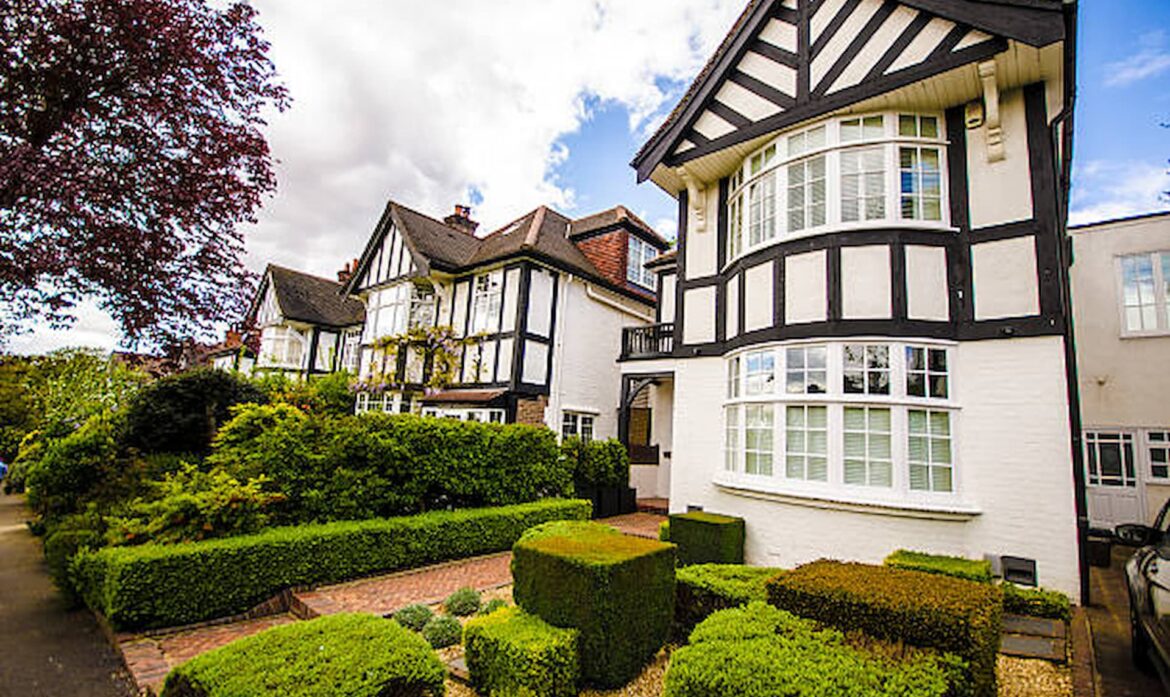What is a Freehold Home?
To have a Freehold House means that you have Freehold ownership and that you own the land and house outright.
What is involved in owning a Freehold House
In owning a Freehold House, you will be responsible for the maintenance and upkeep of your property, and the property taxes associated with it.
A Freehold House can be defined as any estate which is “free from hold” of any entity besides the owner. Therefore, the owner of such an estate enjoys free ownership for all time. When selling a freehold property, it does not require consent from the state and hence requires less paperwork, thus, making it more expensive than leasehold property.
When you have a Freehold House this is inheritable and there are no restrictions on the right of the property owner to further transfer the property. In a freehold property, there is no encumbrance to the absolute title of the property. A Freehold House can also be inherited by a legal guardian and can be transferred by registration of a sale deed.
The Benefits of Owning a Freehold Home
- You need not worry about the Lease running out, as with a Freehold Home you own the property outright
- There is no need to deal with any freeholder (known as the landlord)
- There is no need to pay any ground rent, services charges, or any other landlord charges.
- You can use the land for any purposes however in accordance with the local regulations.
- You will have the responsibility of maintaining the fabric of the building – the roof and the outside walls
Why a Freehold House?
It is your name in the land registry as “freeholder”, owning the “title absolute”. A Freehold House is usually the preferred option: you can’t really go wrong with it.
Why You Should Take The Help of Conveyancers Before Buying A Property?
Once you’ve found a property to buy or a buyer for your own property, you will need to instruct a solicitor. If you live in the Bradford area, then it would be sensible to start looking at conveyancing solicitors in Bradford to help you.
Whilst it wouldn’t be necessary to use Conveyancing Solicitors in Bradford for your transaction, it may be worth considering the complexity of your transaction. There are many online firms that will be able to help you but may not be able to engage in any complex legal issues whereas property lawyers may have wider legal services. In addition, if your online firm is not local and needs a document to be signed by a solicitor, you would need to use a conveyancing solicitor, so it may be more cost-effective to use conveyancers in Bradford for the whole transaction.
Every firm will have different fees so make sure you obtain some quotes and make comparisons. When narrowing your shortlist, take a look at the reputation of each conveyancer in Bradford by looking at their ratings online or from friends or family who may have used them.

